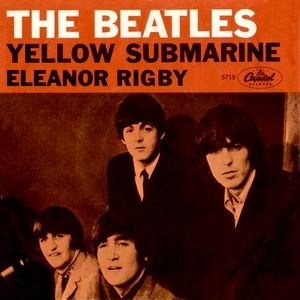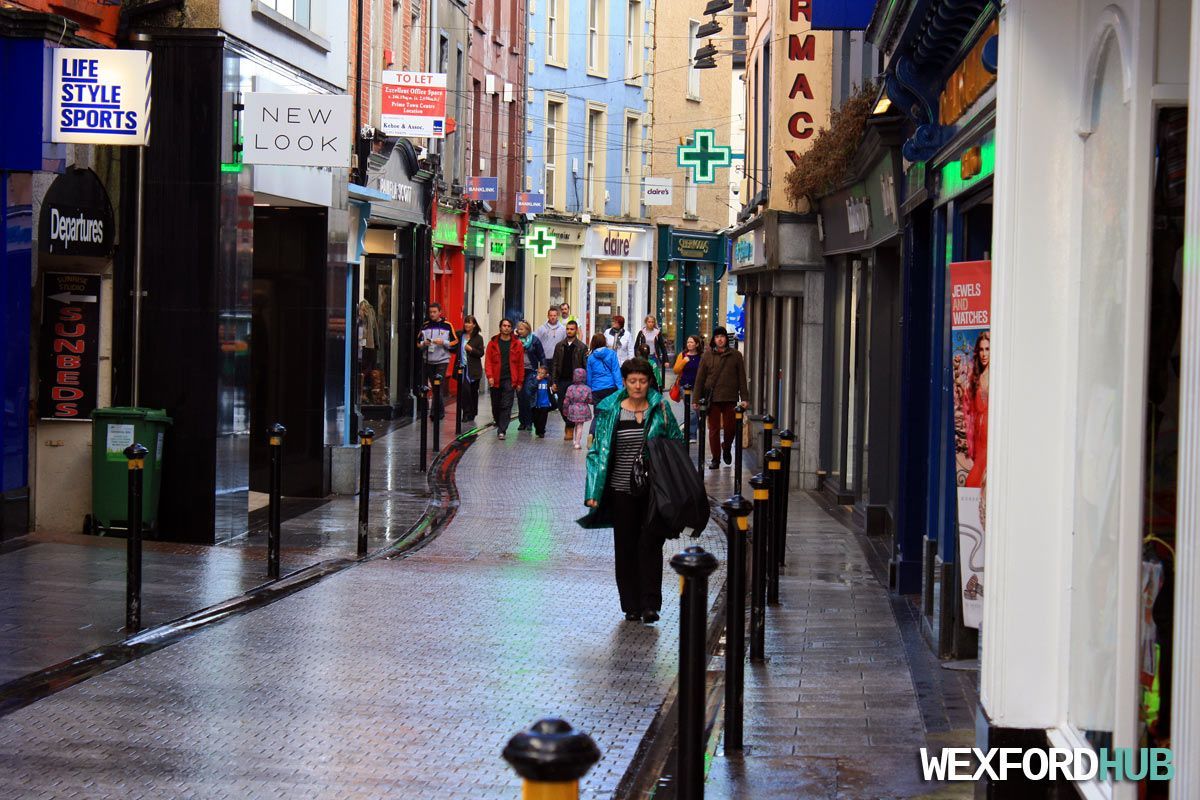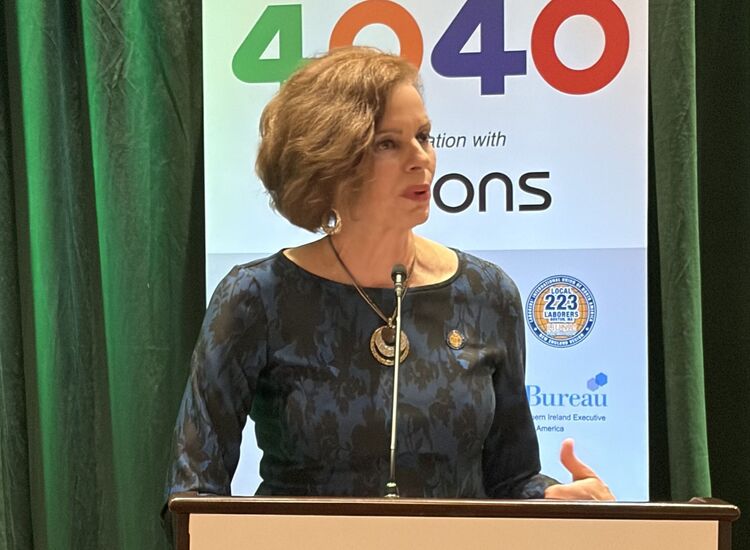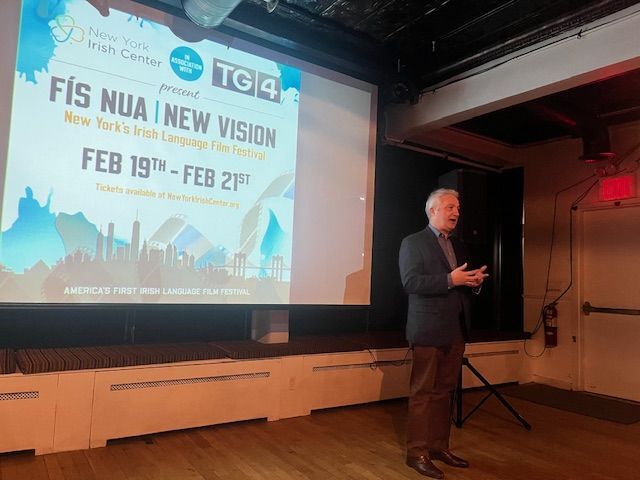Eleanor Rigby changed it all for The Beatles. Up until then they had rarely strayed far from the conventions of pop music: boy meets girl, girl dumps boy, boy gets over her, and meets his true love.
“Ah, look at all the lonely people.” Paul crooned, changing the way The Beatles looked at lyrics and the way we looked at The Beatles.
Like everyone else, I assumed that Eleanor was a widow or a spinster of a certain age. It never occurred to me that Ms. Rigby might be a teenager. Loneliness lay far ahead in the dark and distant future.
How things have changed. A recent poll found that up to 60% of Americans suffer from loneliness. What happened?
I can tell how things changed in Ireland, for I grew up there before television became the beaming god in the corner that has entranced, and even enslaved, whole generations.
Wexford was a small but vibrant town of 12,000 back then. One was at least on nodding acquaintance with 3,000 of those bustling souls, and they knew everyone else.
Wexford, though still a friendly town, has changed. There are probably 50% fewer pubs than in my youth, and as I gazed out my hotel window on a recent visit, Main Street was deserted at 8 p.m. There were no people to be seen – lonely or otherwise.
Loneliness would have been almost impossible in such a setting. Unless you were in a fierce hurry, a walk the length of Main Street could take over an hour, between stopping to chat, sharing a laugh, or wondering aloud would our hurlers ever make it to the All Ireland again.
At home it was much the same, whatever gossip you had picked up on your stroll would be shared, parsed, and interpreted, while there was always an excellent chance that a friend or relation would drop by bringing more tidings.

There was no such thing as age demographics: you were expected to hold your own with aged grandfather and terrible two-year old, without discrimination.
As for pubs. There were no young pubs or old pubs. Age was not a factor. Company, good or bad, was prized above everything.
Wexford, though still a friendly town, has changed. There are probably 50% fewer pubs than in my youth, and as I gazed out my hotel window on a recent visit, Main Street was deserted at 8 p.m. There were no people to be seen – lonely or otherwise.
Over here in the U.S., I can chart the growth of loneliness a lot easier. New York, contrary to popular opinion, has always been one of the friendliest of cities and I can say that with some certainty, having spent time with Black 47 in every major U.S. city, and many a minor one too.
Now, it is true that you not only don’t speak to people on New York subways, you don’t even look at them unless you’re sure they’re unaware of the attention. But on the streets there is much interaction, often gruff, but rarely threatening.
And yet, it’s a very different city than the one I first came to in the 1970s, and it’s hard to ignore the growing wave of loneliness that has seeped into our concrete canyons.
What’s different? Well, two New York institutions are fast disappearing.
Dive bars are going under because of rents. There used to be so many of these homey holes in the wall, with a jukebox to die for, low prices, much laughter, and little in the way of a television.
The neighborhood saloon is also in decline. Remember them? Family owned joints where people came to talk over a few beers, replaced now by soulless sports bars with deafening music, and wall-to-wall mesmerizing screens beaming endless games that no one seems to care about.
The real catalyst for loneliness, however, is the smartphone. Why waste time conversing or making friends when a Kardashian, or a flashing ad, is just a touch away?
You don’t even have to go in person to the track or a casino anymore. You can gamble your life away without jostling with humans, or interacting with bookie or dealer.
Our circles continue to get smaller. Friendship always took effort, we just weren’t aware of it when we were out on the town; there were so many opportunities to exchange a few words or just smile at a stranger.
Instead, we hunker down at home with our phones and don’t even notice that Paul may be crooning in our direction, “Ah, look at all the lonely people.”









